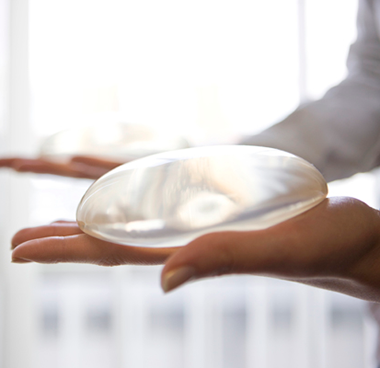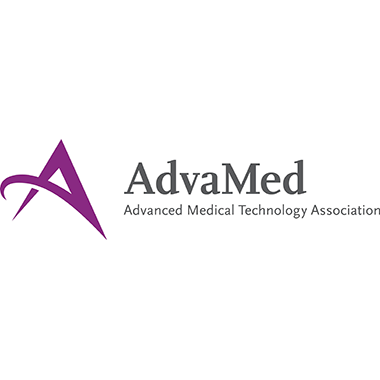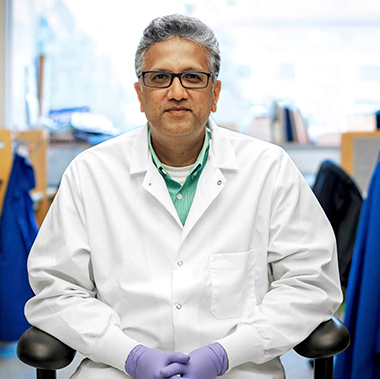
“FDA Activities and Challenges in Reducing Reliance on Ethylene Oxide (EtO),” the second in a series of medical device sterilization town hall discussions hosted by the FDA, will take place on January 26 from 12:00pm – 1:00pm ET.

“FDA Activities and Challenges in Reducing Reliance on Ethylene Oxide (EtO),” the second in a series of medical device sterilization town hall discussions hosted by the FDA, will take place on January 26 from 12:00pm – 1:00pm ET.

Bob Tilling, VP of Global Sales at Kallik, delves into dupe culture and its link to counterfeit drugs, and explains how developments in label management can foil illicit traders.

Researchers found that mechanical stress caused by implants leads immune cells to activate RAC2 and other proteins, which then summon additional immune cells, including types that can combine to attack a large invader. These findings may help improve the design and safety of implants.

Instructional materials help users grasp how to use a device safely. Renée Bailey, Certified Instructional Technologist (CIT), explains how effective instructional materials are vital for the medtech design process, and shares necessary considerations to produce instructions that are coherent, easy to understand and aligned with the human factors engineering process.

The FDA has updated its guidance, Use of International Standard ISO 10993-1, “Biological evaluation of medical devices – Part 1: Evaluation and testing within a risk management process,” to provide further clarification and updated information on the use of International Standard ISO 10993-1, “Biological evaluation of medical devices – Part 1: Evaluation and testing within a risk management process” in pre-market applications.

Magnetic resonance imaging (MRI) helps discover serious threats early and in a precise and painless way. However, patient safety may be in danger when medical implants interact with the electromagnetic environment. The developers of such implants are obliged to check the safety of their products under these conditions.

The MedTech industry has grown too comfortable with “essential use” exemptions and is ignoring the growing liability, supply chain and regulatory risk of PFAS use in medical devices and manufacturing facilities.

In response to safety concerns and proposed regulatory action related to industrial use of ethylene oxide (EtO), the FDA Center for Devices and Radiological Health is taking additional steps to advance innovation in medical device sterilization, including recognition of new standards and updates to technical information reports.

AdvaMed has filed comments with the EPA regarding proposed regulations of ethylene oxide and their impact on patient care.

Shuvo Roy, Ph.D., Professor of Bioengineering at UCSF and Technical Director of The Kidney Project, and his research partners have developed an artificial kidney constructed of semiconductor silicon wafers that remove waste and toxins from the blood and a cell therapy unit that replicates other kidney functions. Their prototype, powered entirely by blood pressure, filtered blood and created urine in a pre-clinical trial.